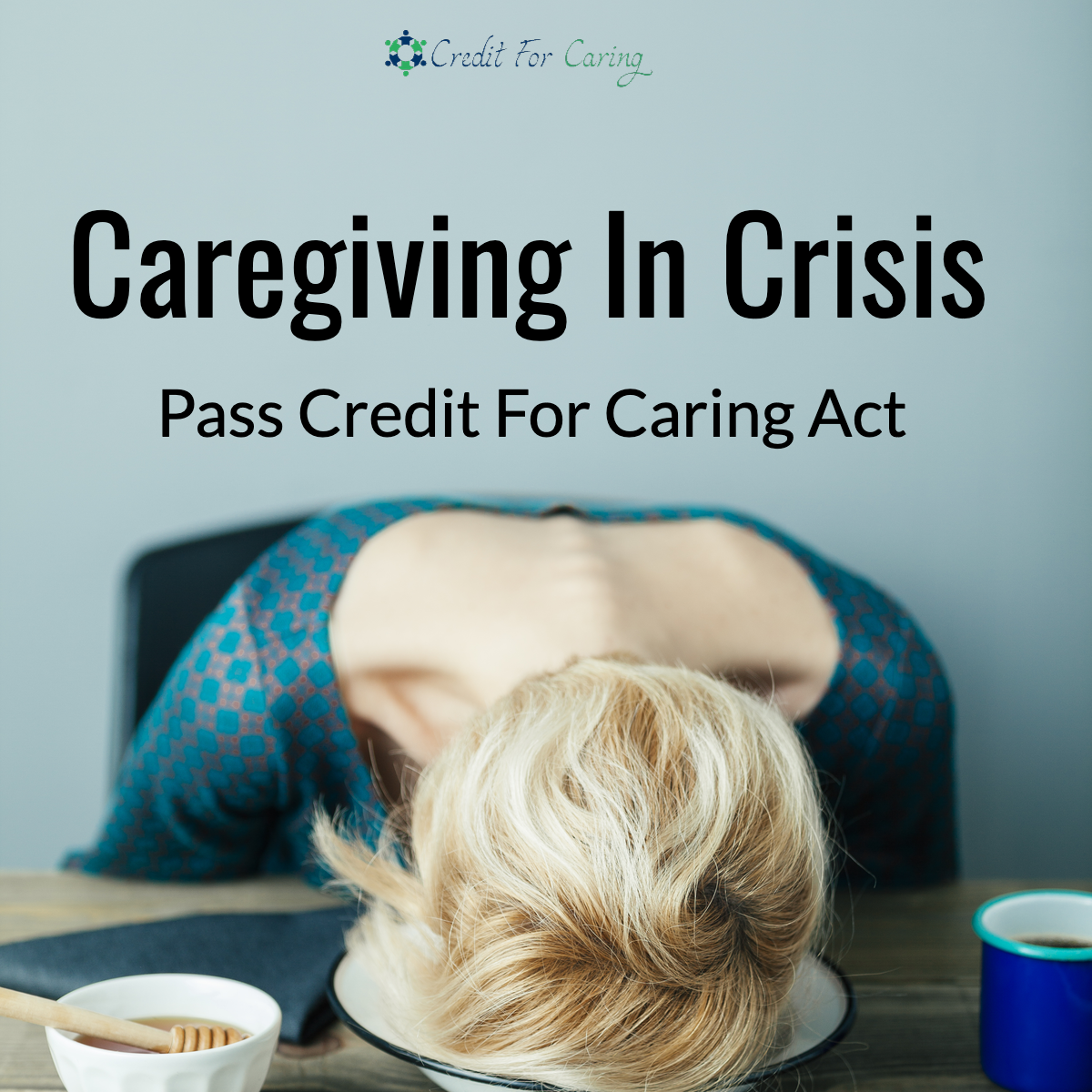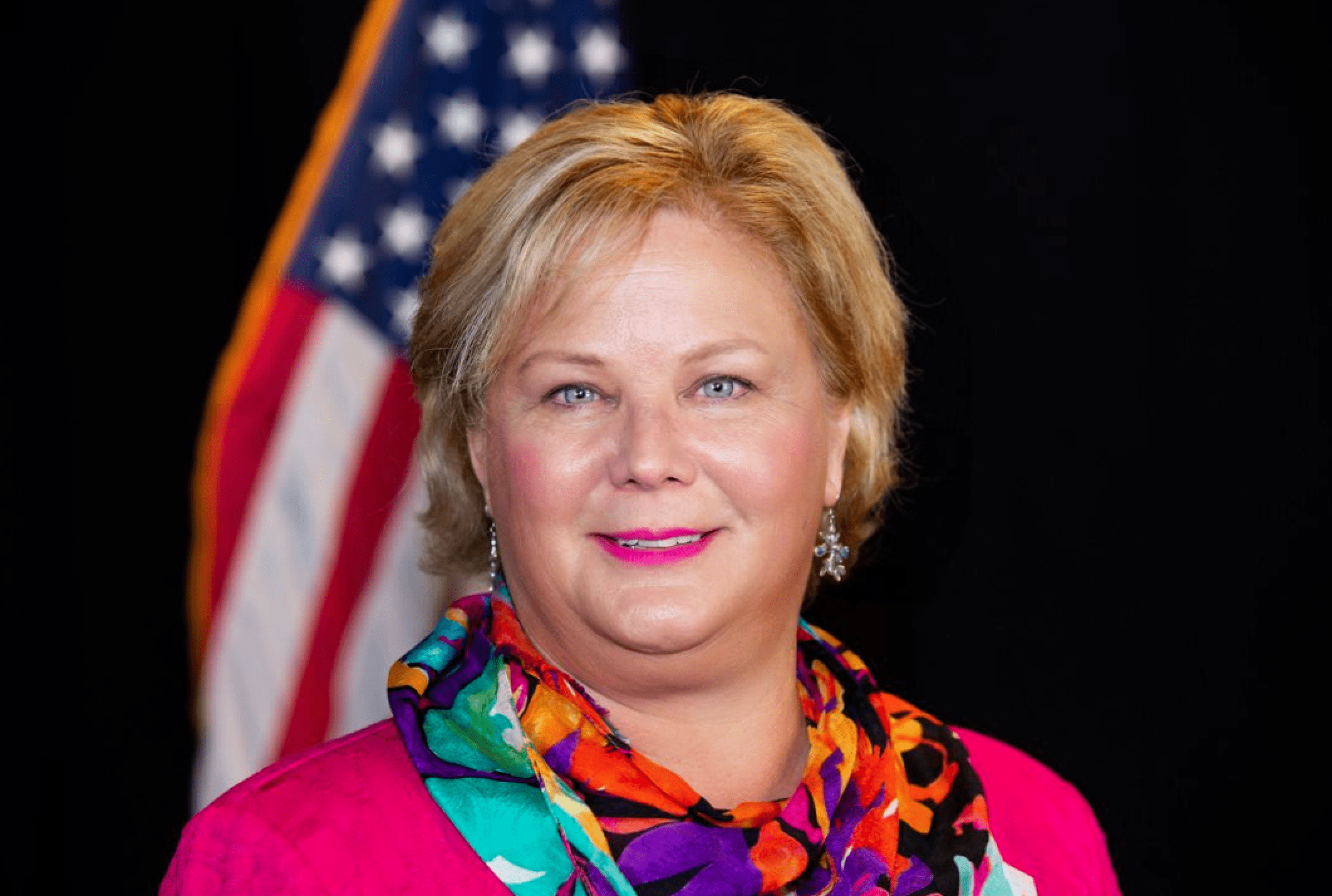Dear President Biden
Your inauguration filled me with hope and inspiration for our future. Thank you for focusing on everyday Americans in your national celebration. How refreshing that everyone could participate in festivities and not just those in fancy clothes attending inaugural balls. You have set the tone for all of us to embrace. Let us move forward together, unified and determined to lift up the most vulnerable among us. Together we can tackle all of the crises we confront.
Today I write to you about the plight of the invisible army of unpaid family caregivers serving in the trenches. Our army had grown considerably in this pandemic. Many of us are unemployed, underemployed, and plain old broke from the events of this past year. I encourage you to appoint a Caregiving Czar as you have done with the COVID19 Czar. In fact, I volunteer for the position. Here are the changes I would promote.
Social Security
Create a mechanism to continue caregiver’s Social Security credits during their care journey. This will reduce the future burden of Medicaid spending and give those who sacrificed a shot at a decent future pension benefit.
Family and Medical Leave
Modify and expand the FMLA program to include all employers regardless of company size. Enable employees to use FMLA episodically as the demands of caregiving are not the same as having a baby. Working caregivers need the flexibility to attend a doctor’s appointment with their loved one or react to emergency situations without fear of retribution or dismissal.
Mental Health Services
Loved ones with dementia disorders require 24/7 care. Many of their caregivers are worn out. The pandemic adds an additional layer of stress as adult daycare, respite service, or even residential care are curtailed right now. Behavioral and mental health services report increasing post-traumatic stress disorder like conditions in today’s caregivers. Open access to mental health care is past due.
Financing Aging in Place
Eighty percent of seniors intend to age in place. Great idea but many of their homes may be too large or need repairs that are beyond their financial means. The financial and construction sectors have an opportunity here. Construction companies certified in disability and aging home modification are needed. Banks can finance these modifications with home equity lines to this desire to remain in the community a reality. In fact, there’s an opportunity to build out a home-sharing model that will create a new income stream.
Help for the Average American
Roughly, the bottom quartile of the economy qualifies for needs-based services provided under the Older Americans Act and through the federal Community Living Administration. Conversely, the top earners retire with multiple streams of income and long-term care insurance. The path is not so clear for the middle 60% of Americans. Middle Americans are house poor. They own a home but do not have the income to maintain it or pay for private care services. This group relies on family caregivers the most. In fact, many family caregivers are financially supplementing the fixed incomes to keep their loved ones in place. We need affordable long-term care insurance for middle America that includes payment for family caregivers who serve them.
Broadband for All
The internet is not a luxury. It is a utility just as drinking water, electricity, and gas are today. There is no excuse for not providing each American home with the ability to use the internet today. Caregivers rely on the internet for shopping, medical consults, fighting insurance companies, setting appointments, and many other everyday functions. In fact, caregiver support groups are flourishing on the web. This lifeline to express concerns and learn from each other is essential for caring. There are many teen and young adult caregivers who feel so isolated by their responsibilities. The internet gives them a vital window out into the world.
Health Insurance
One-quarter of all caregivers of those with dementia will die before their loved one. Let that sink in. Caregiving kills. Far too many caregivers neglect their own health during this journey. Whether consciously or subconsciously, they become invisible to others and themselves. The country needs to mandate health insurance coverage when signing them up for Social Security credits. Healthcare professionals need to initiate conversations on the caregiver’s health status when a loved one is receiving care. Let’s heal two birds with one stone rather than killing them.

Social Determinants of Health
SDoH is all the rage today. The healthcare industry’s epiphany that addressing the needs for food, shelter, transportation, environment, and more have a direct impact on health outcomes. Go figure. Caregivers balance these determinants on a daily basis but lack the knowledge on how to access and pay is missing. Health plans and providers should be required to clearly define what daily needs can be covered and how.
Caregiver As a Care Team Member
Too often family caregivers feel overlooked by the healthcare professionals. Whether it is during an acute care stay or in an office visit. Feeling invisible is destructive. The CARES Act, passed in many States, set out to remedy this. However, the Act lacks the teeth to compel hospitals to include the caregiver as an active team member. Remember, family caregivers can make or break the best-laid care plan. Increase the chances of succeeding by including the caregiver’s input in constructing the plan.
Credit For Caring
The USA passed a child tax credit in 1997. Let that sink in. For the last few decades, we have rightly compensated Americans who have and raise our future workforce. Yet year after year, the caregiver tax credit cannot make it to the Senate floor for a vote. The caregiver tax credit is vital for those who volunteer to care for our previous workforce, soldiers, and leaders. This essential tax credit is the relief that middle Americans deserve as they care for their treasured loved ones. Pass the Act now.
Respectfully submitted,
Monica
Monica Stynchula, MSW, MPH



